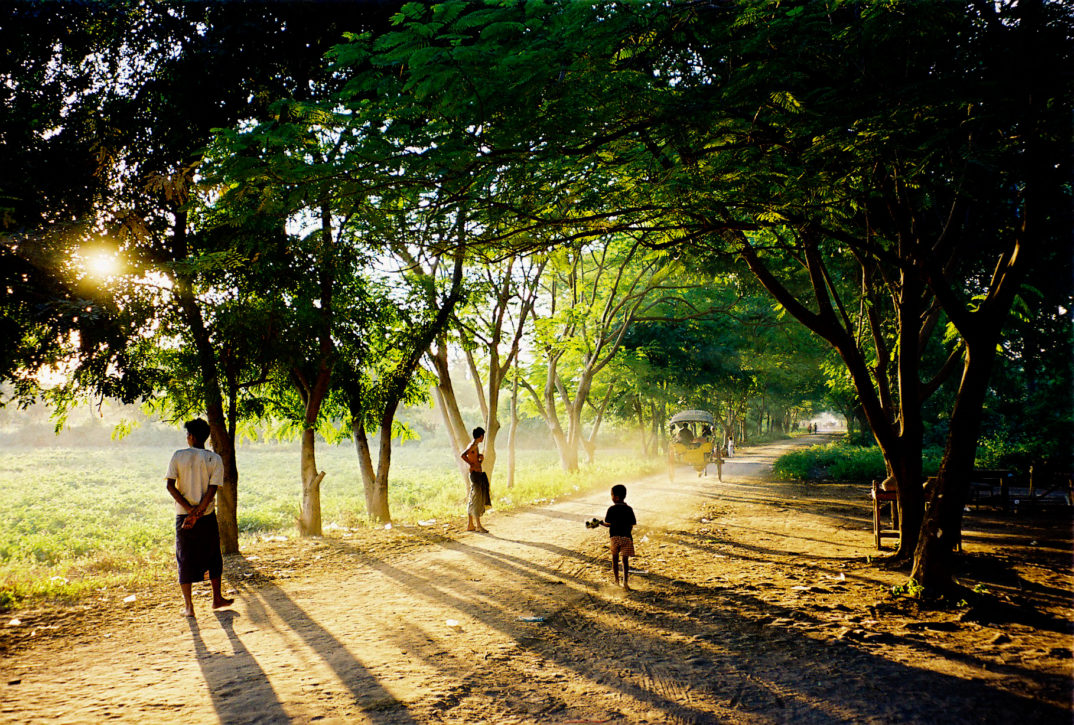In Myanmar, A Failed Test for the International Community
There is no debate about the mistreatment of the Rohingya minority in Myanmar. However, there is an ongoing struggle to figure out when the international community should step in. It is important to know who are the Rohingya people, and why the stories about this group are becoming primetime news.
Myanmar is a South Asian country that has a truly tumultuous past. During the 19th and early 20th centuries, Myanmar, also known as Burma, was a British colony. After the liberation from the British colonizers, Burma was occupied by Japan. Then, in turn, after the Brits liberated Burma, the country gained independence. However their troubles have not stopped there. A military coup brought to power general Ne Win, who replaced the federal system for a socialist one, starting a systematic discrimination of non-indigenous people. In 2016 Myanmar established the first democratically elected government, and the hopes for country’s prosperity were high. Since then, the leadership has de facto been in the hands of the Nobel Peace Prize Laureate Aung San Suu Kyi, further enforcing the belief that Myanmar has finally found the right track. Despite these efforts, the ethnic tension continued between the Rohingya Muslims and the Myanmar government.
The Rohingyas’ status throughout the years has been severely endangered by the Myanmar government; the government has taken their liberties, restricted their movement, and limited their access to numerous services. It is not surprising that in 2012, violent clashes emerged between Rakhine Buddhists and Rohingya Muslims, during which 200 people died and many fled the country. The violence has continued since then. Most recently, on August 25, Rohingya militants attacked government forces in response to which the military started a “clearance operation,” killing 1,000 and forcefully moving more than 300,000 people.
The current leader of the country, Aung San Suu Kyi, seems reserved in commenting on this topic, declining to mention the Rohingya people by name as a endangered group. Certainly, this is an interesting position for a Nobel Prize Winner, and a position that raises questions about the value and meaning of such a prize.
In response to the ongoing crisis, the United Nations reacted by saying that this is a “textbook example” of ethnic cleansing.” However, we still do not see a bigger, unified international response. This brings us to the conclusion that the international community is once again a bystander of a ongoing ethnic cleansing campaign that it had a chance to prevent, but it never acted. International intervention should be a unified response from all Security Council members, however in the current status quo that does not seem possible. Will the consensus ever be possible in such a polarized world?
After Rwanda and Srebrenica, people believed that crimes of such volume would not be able to happen under the eye of United Nations and modern democracies. However, it seems like the norms of interventionism have weakened. The effectiveness of the UN is strongly debated, and situations like these, in which the UN seems irresolute to act, further deepen those conversations. Thus, we need to ask ourselves: is there a way to reinforce the common norms that prevented vast killings and forced migration?
The question of the effectiveness of international intervention, and the norms surrounding it, are once again on the table. Seemingly, at one point in the recent past, all of the world’s great powers agreed that, after reaching a certain number of people killed or forced out, intervention is needed. However, the current state of world shows that this norm has evaporated. We are stuck in the moment, not being able to reach a compromise on anything, even saving human lives.





